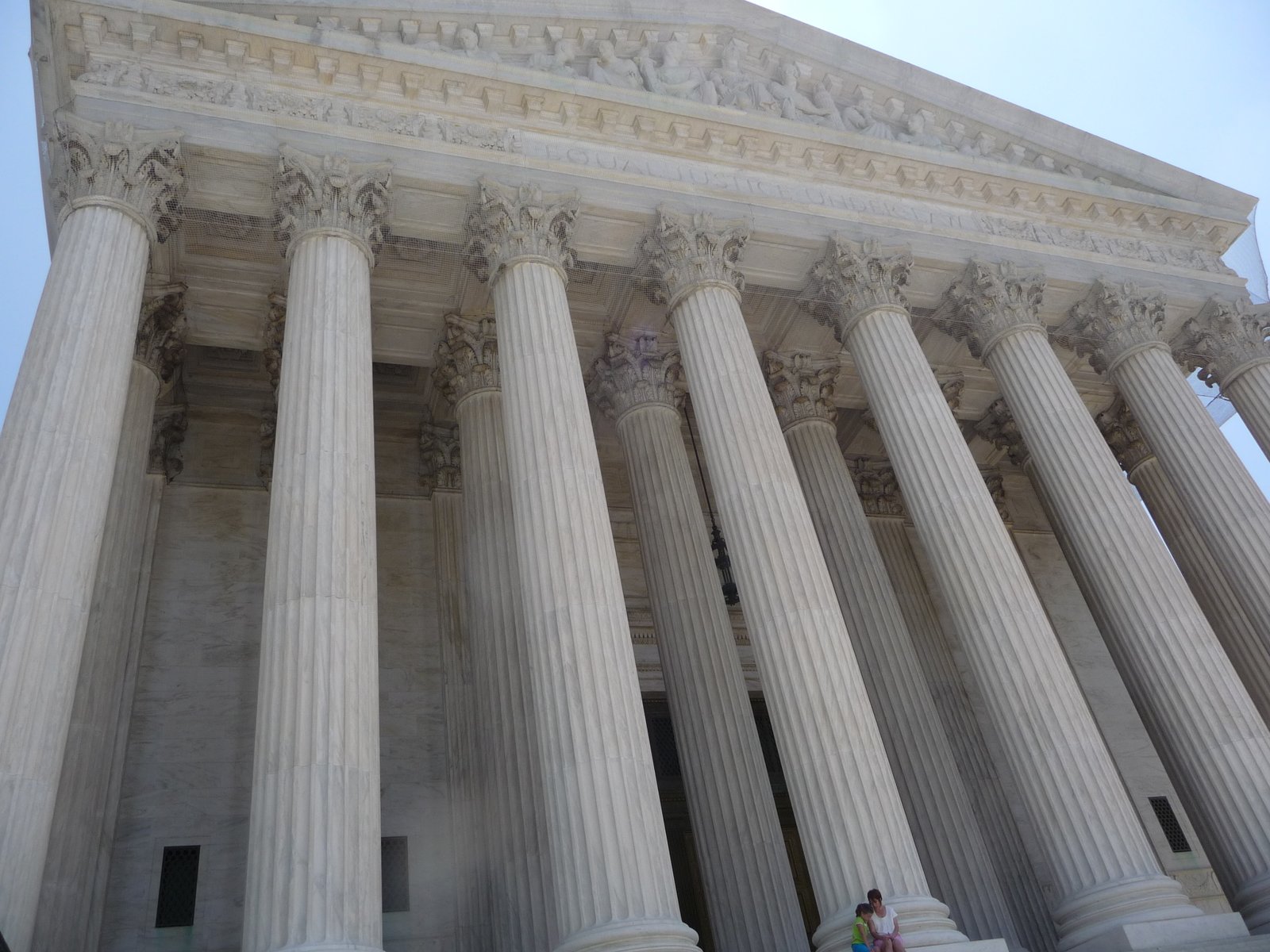Simi Valley, CA – In a thought-provoking discussion at the Ronald Reagan Presidential Library on Thursday, August 8, 2024, U.S. Supreme Court Justice Neil Gorsuch presented the case for reducing the vast number of laws and regulations that, he argues, have increasingly burdened ordinary Americans. The event, which was part of the Reagan Library’s ongoing series of public programs, focused on Gorsuch’s recently published book, Overruled: The Human Toll of Too Much Law.
Justice Gorsuch engaged in a conversation with Fred Ryan, Chairman of the Board of Trustees for the Ronald Reagan Presidential Foundation. The discussion revolved around the central themes of Gorsuch’s book, which critiques the modern American legal system for its complexity and its negative impact on citizens.
Gorsuch illustrated his points with several poignant stories from the book. One of the most striking was that of John and Sandra Yates, a Florida fishing couple. John Yates was prosecuted under the Sarbanes-Oxley Act, a law originally intended to combat corporate fraud following the Enron situation, for allegedly destroying undersized fish. Despite the fact that the fish in question were only slightly smaller than regulations required, Yates faced years of legal battles that ultimately reached the Supreme Court. Although he won his case by a narrow margin, the ordeal cost him his livelihood.
Another story highlighted the struggles of Bobby Unser, a racing legend who found himself entangled in legal trouble after getting lost in a blizzard while snowmobiling in Colorado. He was fined under federal wilderness regulations, demonstrating, according to Gorsuch, how even well-intentioned laws can be applied in absurd and unfair ways.
Gorsuch also recounted the experiences of the monks at St. Joseph Abbey in Louisiana, who faced a lengthy legal battle to sell handmade caskets without a funeral director’s license. Their case highlighted the issue of regulatory capture, where industries use government regulations to stifle competition. The monks eventually won their case, but only after years of litigation.
In his conversation with Ryan, Gorsuch pointed out that these examples are not isolated incidents but part of a broader problem. “The sheer volume and complexity of our laws swallows up ordinary people,” Gorsuch said, adding that there are now more than 5,000 federal crimes and possibly as many as 300,000 federal regulations carrying criminal penalties.
Gorsuch argued that the explosion of laws and regulations is partly due to declining civic engagement and trust within communities. He linked this to the erosion of civil discourse in America, noting that without trust and civility, people increasingly rely on laws rather than personal relationships and community norms to solve problems.
The justice also raised concerns about the rise of administrative law judges, who often serve as both judge and prosecutor in cases brought by federal agencies. He warned that this trend undermines the right to a fair trial and increases the power of the executive branch at the expense of the judiciary.
Concluding the event, Gorsuch emphasized the need for a renewed focus on civics education and community engagement to restore trust and reduce the reliance on laws and regulations. He expressed hope that by addressing these issues, Americans will reclaim their liberties and strengthen their democracy.
Photo: Screen capture from Reagan Library video.
Holding: A Florida fishing couple prosecuted under the Sarbanes-Oxley Act for destroying undersized fish won their case by a narrow margin at the Supreme Court.

